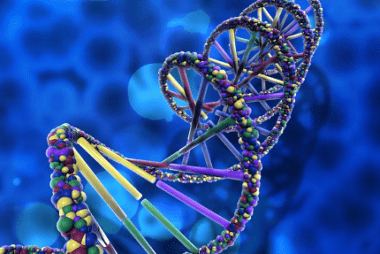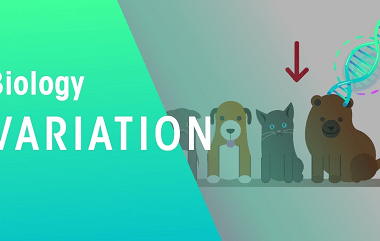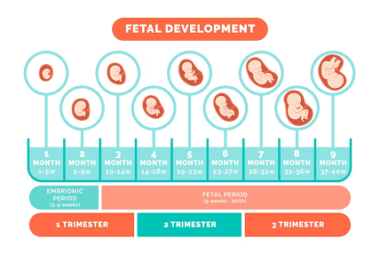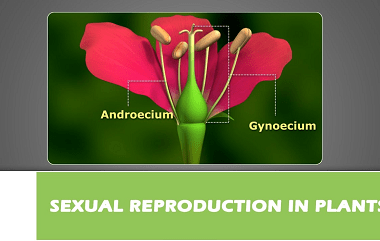Integrated Course AIIMS-SYLLABUS Biology syllabus Adaptive radiation
Adaptive radiation Adaptive radiation is a process in which a single ancestral species gives rise to multiple descendant species, each adapted to exploit different ecological niches or habitats. It is a form of diversification where organisms rapidly evolve to fill available ecological opportunities. Here are some key points to understand adaptive radiation: Adaptive radiation is…









